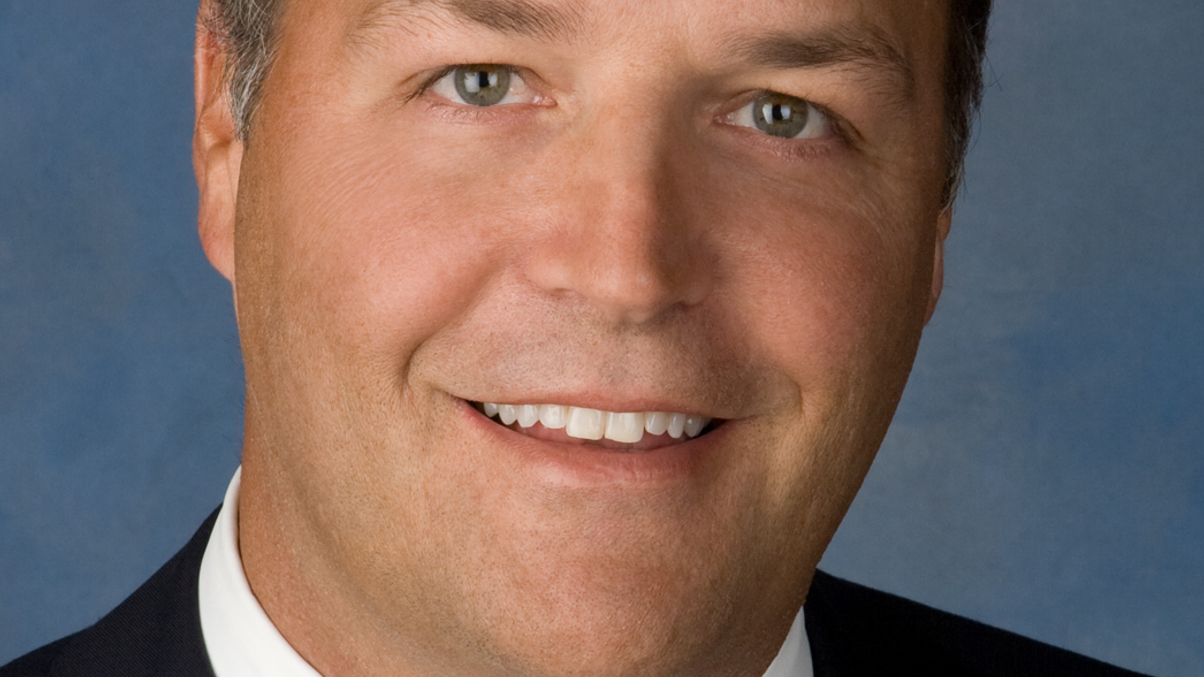Janus Capital CEO outlines Asia expansion plan
Richard Weil believes worried US investors will increasingly seek to put their money to work overseas, mirroring Janus Capital’s own need to diversify.

The psychology of US citizens has shifted irreversibly as they come to terms with structural changes to their nation’s global leadership position, says Janus Capital Group CEO Richard Weil.
Sign in to read on!
Registered users get 2 free articles in 30 days.
Subscribers have full unlimited access to AsianInvestor
Not signed up? New users get 2 free articles per month, plus a 7-day unlimited free trial.
¬ Haymarket Media Limited. All rights reserved.


